Fuel scarcity may worsen as marketers threaten strike
Oil marketers have yet to receive a response from the Federal Government as regards the outstanding payment of bridging claims incurred by dealers for the transportation of petroleum products across the country and might go ahead with their proposed strike after the Sallah break.
Members of the Independent Petroleum Marketers Association of Nigeria stated on Friday that they had prepared a communiqué to be issued, detailing their demands again, adding that failure of the government to meet the demands would result in the “mother of all queues.”
Also, marketers under the aegis of the Natural Oil and Gas Suppliers Association called on the Central Bank of Nigeria to make the United States dollar accessible for the imports of petroleum products, as this would help reduce the costs of the commodities, particularly diesel.
This came as the scarcity of Premium Motor Spirit, popularly called petrol, worsened in Abuja and neighbouring Nasarawa and Niger states, as more filling stations shut their gates to customers, citing a lack of products to dispense.
Oil marketers under the aegis of the Abuja-Suleja IPMAN said on Friday that the government had failed to substantially clear the bridging claims for the transportation of petrol being owed marketers and that Nigerians should brace up for lengthier queues soon.
About a week ago, oil marketers warned that Nigeria could witness “the mother of all queues” soon if the Federal Government fails to pay the 12 months bridging claims being owed operators in the downstream oil sector.
They had also denied being paid N74bn by the Federal Government as bridging claims for the transportation of petroleum products.
The Federal Government through its Nigeria Midstream and Downstream Petroleum Regulatory Authority had earlier said it paid N74bn as bridging claims to oil marketers for the transportation of petroleum products across the country in seven months.
But the Secretary, Abuja-Suleja IPMAN, Mohammed Shuaibu, whose unit covers Abuja, Kogi, Niger and parts of Nasarawa and Kaduna, stated that though some members had confirmed the receipt of payments, a host of others had yet to receive theirs.
Speaking to our correspondent on Friday on the matter, Shuaibu said, “We’ve reached out to them (government) but no response. We shall give them our resolutions as contained on our communiqué and if nothing happens then the strike will take effect after the break.
“The strike will lead to the mother of all queues because depots in the North and other parts of the country are ready to join us in solidarity. Nigerians should know that the situation is beyond us right now.
“This is because many of our members are going out of business because of the over N50bn bridging claims that have not been paid to marketers. This is not right and something has to be done.”
He said IPMAN would present the resolutions reached by its members to the Federal Government through the NMDPRA by Tuesday before the proposed strike would begin.
He added, “When we return from the break we will commence the necessary action for we have put in place everything we need to do.”
Asked precisely whether this would happen at the end of the Sallah break on Tuesday, the IPMAN official replied, “Yes!”
On whether the government had not called marketers to a meeting since the threat to go on strike was issued about a week ago, Shuaibu said, “We met once, as I told you during our previous conversation.
“When we return by Monday or Tuesday we are going to give them our communiqué from the last meeting we held. If they obey, fine. If they don’t, no problem, whatever happens, is not our making.”
Probed further to disclose some of the resolutions contained the communiqué, he replied, “By the time I give him (NMDPRA boss) you will know because we’ve not concluded (work on) it. However, it is still in respect of our outstanding claims. That means the strike will go on if nothing concrete happens.”
On how the lack of foreign exchange was impacting negatively on petroleum products’ supply, the President, NOGASA, Bennet Korie, explained that the continued purchase of dollar from black marketers by importers had contributed to the dysfunctional state of the sector.
He said, “The high cost of diesel currently is as a result of marketers’ inability to access the dollar. So there is a need for government’s assistance now. We request for emergency dollar intervention to enable depot owners in Nigeria to import diesel for at least a period of five months to bring down the price of diesel.
“Diesel is fully deregulated and so marketers need dollars to import it and this is affecting the price. Diesel importers are getting the dollar from black marketers and if this continues diesel price will further increase.”
Korie added, “If you go to the depots of some marketers they don’t have products because of lack of dollars to import diesel and that is why there is scarcity. But if we have up to 30 depots importing diesel then the price will definitely come down.”
Although the official rate of the dollar by the Central Bank of Nigeria is about N416, the black market rate is currently over N600 and this has made it tough for diesel importers to import the commodity, as they lack access to the dollar from CBN.
Also, since diesel is deregulated, other marketers alongside the Nigerian National Petroleum Company Limited are involved in its importation, while Nigerian refineries are still dormant in terms of crude oil refining.
Commenting further on the need to clear the unpaid bridging claims, Korie appreciated the government for making effort in settling the debt but noted that the FG had not done enough.
He told selected journalists in Abuja that though the government recently increased the freight rate for transporting petroleum products, the rise in the cost of diesel had made the freight rate increase insignificant.
He said, “We thank the government for the freight rate increase, but the problem we have is this, if you increase the bridging cost, don’t forget that those selling the products run their businesses on diesel.
“So, even though you increase the products’ transportation cost, what about the administrative cost? The price of petrol, for example, has remained the same, but the cost of bringing it to the depot is borne by the marketer.
“And you know that the vessel that will bring the product to the depot now charges more. What they charged you last year is not what they charge you today. When you bring the fuel to your filling station, what you used in running your station last year is not the same now.”
The NOGASA president added, “So no matter how much you increase the bridging claim, the running cost is a problem. The profit margin is also important in the business and that is why we say the major way out is to solve the problem of diesel.
“Now this is not just for filling stations. It affects every sector of the economy. If you go to our banks now you will find out that some of the banks close around 2pm or 3pm. When you ask them why, they will tell you it is because there is no diesel.
“For filling stations, if you run your generators from 6am to 6pm to pump products to customers you will burn close to 100 litres of diesel. Now how much fuel are you selling to cover this cost? So bridging claim is for transporting products but it is not enough.”
Korie had earlier told our correspondent that many filling stations were out of operation due to the hike in diesel price.
This was confirmed in Abuja on Friday, as a number of filling stations were shut down due to lack of products, while the few ones that dispensed fuel had long queues.
Retail outlets such as Gegu Oil, Eterna and Oando located at the Dutse end of the Kubwa-Zuba Road were closed, as well as many others in Abuja and its environs on Friday and this had dragged on for a long time.
Korie had explained that marketers were paid bridging claims because of the long distances through which their trucks transport products across, but noted that the current high cost of diesel had made things tough.
“Now, not just that, the roads are bad and the maintenance of trucks is becoming too high for marketers. If you go round now you will see that 75 per cent of filling stations in Nigeria have gone out of business,” he stated.
He added, “There is no diesel to take fuel to their stations. All of them are going down. And it is not that the fuel is not there, but the cost of bringing it to the stations is too high.”
The face-off between marketers and the downstream regulator on the payment of bridging claims had lingered, particularly since the hike in diesel price, being the commodity used to power trucks that transport petroleum products.
Also reacting to the issue, the President, Petroleum Products Retail Outlets owners Association of Nigeria, Billy Gillis-Harry, said it was high time the government intervened in the current crisis in the downstream oil sector to avert a crash in the industry.
“The concerns in the downstream oil sector are enormous and this begs for real intervention by government to forestall further deterioration in the industry,” he stated.
The PETROAN president added, “We have said it again and again that full deregulation of the downstream oil business is the way to go to get us out of this quagmire. Also, it is important we have our refineries running.
“We are ready to partner government, especially in getting the refineries working, because once we start in-country refining of crude oil, it will go a long way in addressing these energy crises confronting us currently as a nation.”
The spokesperson for the NMDPRA, Kimchi Apollo, told our correspondent that bridging claims were being paid by the authorities.
He insisted that N74bn was paid to marketers by the agency and efforts were ongoing to address the concerns by marketers.
“We cannot, as a government agency, release data that does not exist,” Apollo stated.
Late last month, the Federal Government, through the NMDPRA, said it paid N74bn as bridging claims to oil marketers for the transportation of petroleum products across the country in seven months.
It disclosed this while reacting to allegations made by IPMAN, Suleja branch, that the scarcity of petroleum products was due to the non-payment of bridging claims.
The NMDPRA stated that it had earlier held a meeting with marketers on the issue of bridging claims and that payments were being made.
“The authority’s chief executive had at a meeting held on May 17, 2022 with IPMAN, discussed bridging payment extensively and the processes were explained and agreed upon by IPMAN,” the agency had stated in a statement.
The downstream regulator said it had assured IPMAN of NMDPRA’s willingness to continue making payments of outstanding claims to promote seamless operations.
“Pursuant to the meeting, the NMDPRA went ahead to make an additional payment of N10bn in June and sought for an upward review of the freight rate which was approved by President Muhammadu Buhari and is currently being implemented,” it stated.
The NMDPRA added, “The authority wishes to reiterate that bridging payment is an ongoing process which is carried out after due verification exercise by the authority and marketers.
“So far, the authority paid N71,233,712,991 bridging claims and another N2,736,179,950.84 freight differentials to marketers as at June 6, 2022.”
Providing the breakdown of payments made to marketers, the agency stated that the Major Oil Marketers Association of Nigeria received N9,958,777,487.24; IPMAN members were paid N42,301,923,616.96; while NNPC retail outlets got N6,661,459,118.61.
It said members of Depot and Petroleum Products Marketers Association of Nigeria were paid N12,303,195,651.57, adding that the payments translated to a total of N73,969,892,941.84.
“It is disheartening that despite these payments and increase of N10 bridging cost, which was approved by President Muhammadu Buhari two weeks ago, IPMAN could turn around to accuse the NMDPRA of insensitivity,” the agency stated.
It, however, noted that the NMDPRA remained committed to ensuring safe, efficient and effective conduct of midstream and downstream petroleum operations.

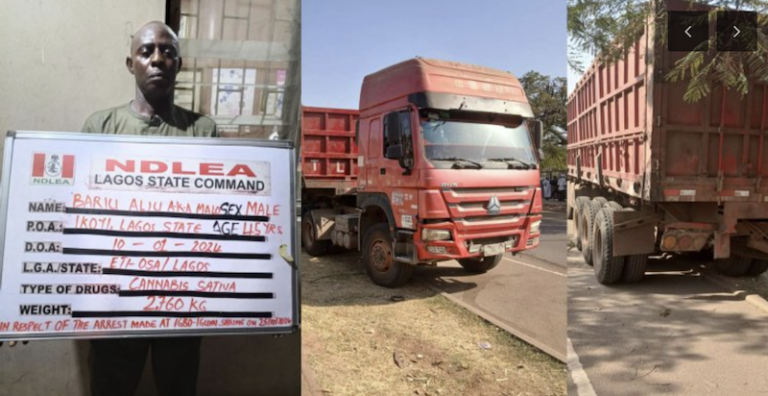
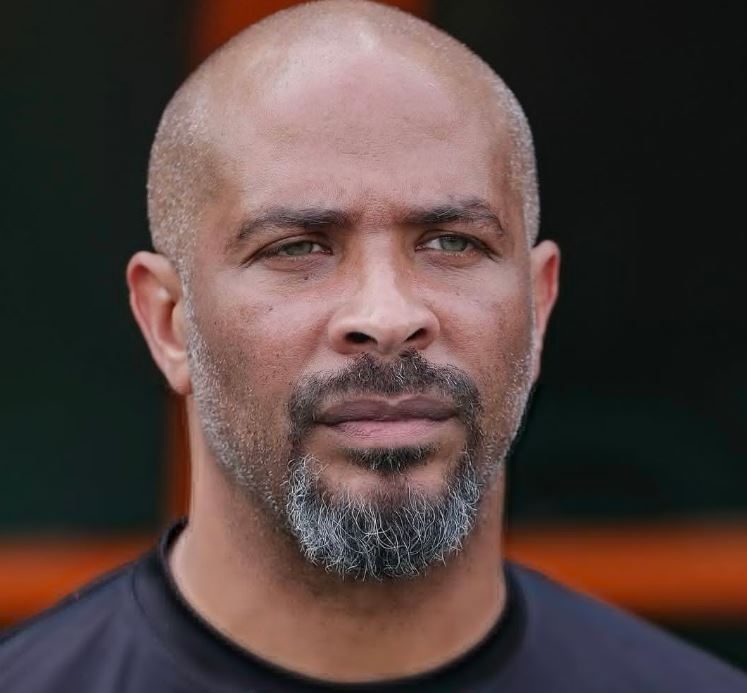
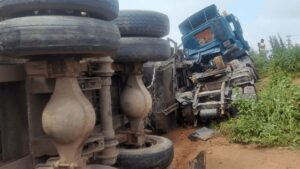
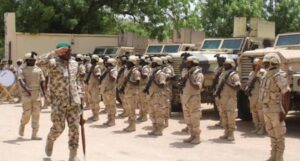


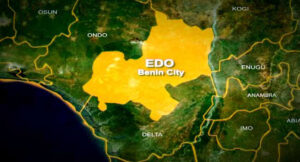
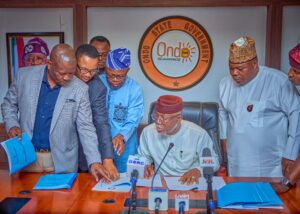
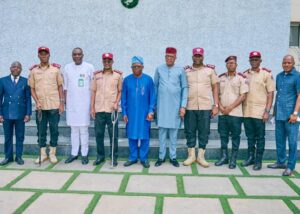
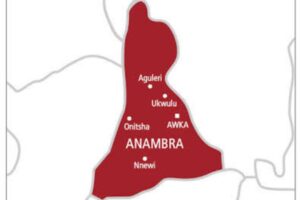
Post Comment